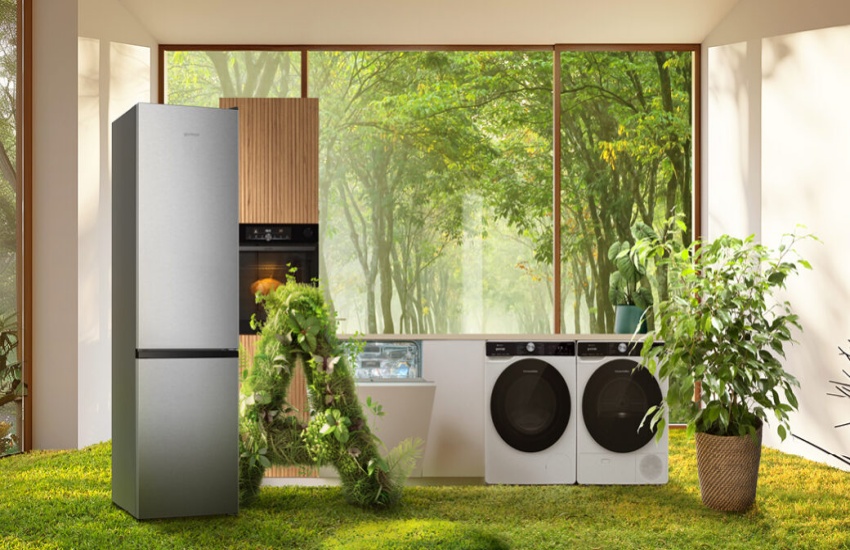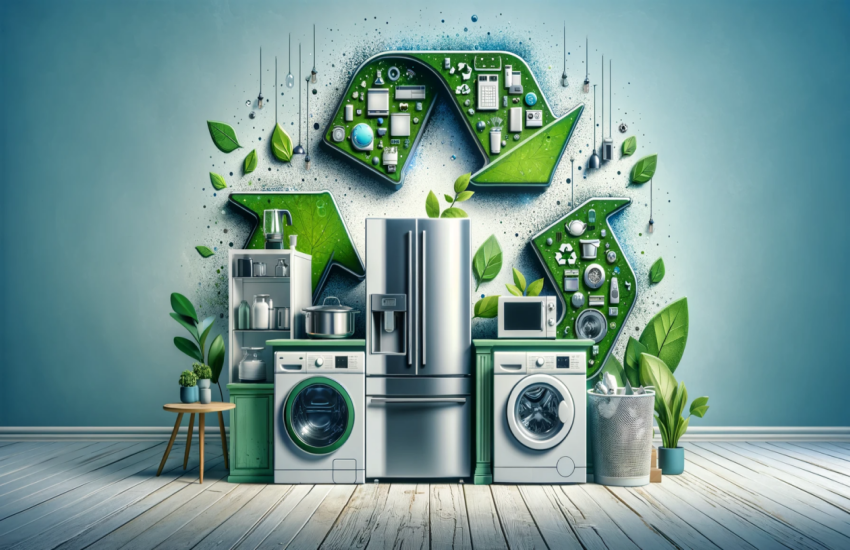
Energy-efficient appliances are a cornerstone of eco-friendly living. Many of these models carry the Energy Star label, which signifies that they meet strict efficiency guidelines set by the Environmental Protection Agency. Investing in energy-efficient appliances reduces energy consumption, which not only benefits the environment but also translates into significant savings on electricity bills. Appliances such as refrigerators, washing machines, and dishwashers that are energy-efficient often use advanced technologies to optimize performance while consuming less power.
Water conservation is another critical aspect of eco-friendly appliances. High-efficiency washing machines and dishwashers use significantly less water than traditional models, making them ideal for households aiming to reduce water usage. Some appliances come equipped with sensors that adjust water levels based on load size, ensuring that no unnecessary water is wasted. This feature is especially beneficial in regions where water scarcity is a concern, allowing homeowners to contribute to conservation efforts.
Sustainable materials play a vital role in the production of eco-friendly appliances. Many manufacturers are now using recycled materials in their products, reducing the demand for new resources and minimizing waste. Additionally, appliances made from durable materials often have a longer lifespan, further reducing the need for replacements. When selecting appliances, consider those constructed from sustainable materials that align with eco-friendly values.

Smart technology integration is increasingly common in eco-friendly appliances. Smart devices can optimize energy and water usage by providing real-time data and insights. For example, smart thermostats can learn user preferences and adjust heating and cooling accordingly, while smart refrigerators can monitor food inventory and suggest recipes to minimize waste. Embracing technology in this way enhances efficiency and encourages responsible consumption.
Choosing appliances with minimal packaging also supports eco-friendly practices. Many brands are now focusing on reducing packaging waste by using recyclable materials and minimizing excess packaging. This commitment to sustainability not only reflects a brand’s environmental responsibility but also allows consumers to make more conscious choices when purchasing new appliances.
When considering eco-friendly appliances, it is crucial to assess the long-term benefits versus initial costs. While energy-efficient and water-saving models may come with a higher price tag, the savings on utility bills can quickly offset the initial investment. Additionally, many eco-friendly appliances are designed for longevity, which means fewer replacements over time. This approach ultimately contributes to a more sustainable lifestyle.
Researching brands that prioritize sustainability can also guide purchasing decisions. Many manufacturers are dedicated to reducing their environmental impact through responsible sourcing, production practices, and recycling initiatives. By supporting brands that align with eco-friendly values, consumers can play a role in promoting sustainable practices within the industry.





